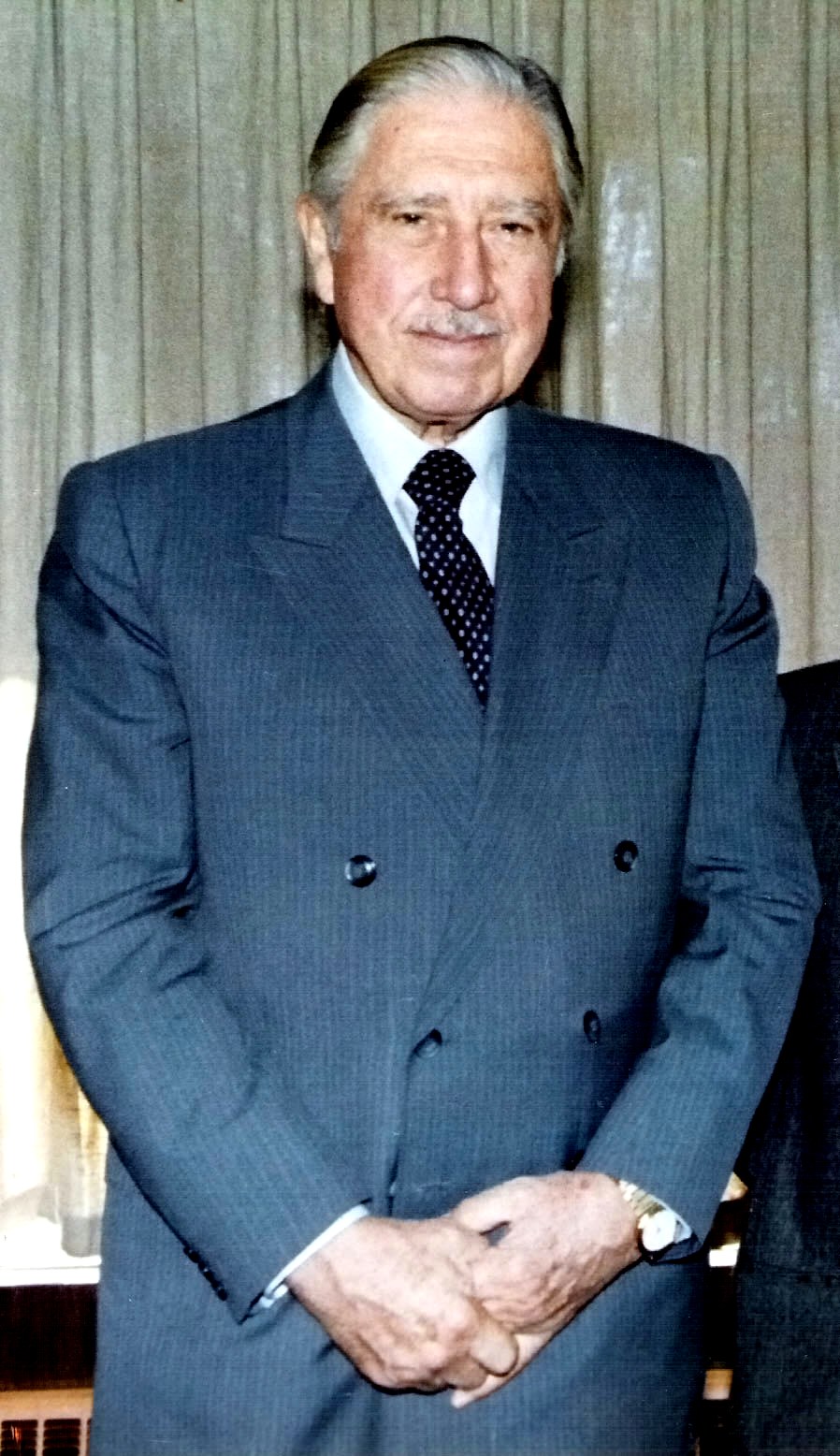
By the end of 1982 a huge finantial crisis weakened the Chilean economy. Augusto Pinochet was President since 1973, and by the end of that decade the concept of "chilean economic miracle" was widely spread. Indeed the miracle was sustained in foreign debt. When the credit facilities abroad were reduced by an increase in the interest rate in the U.S, at the begining of Reagan's era, all the pieces of the model colapsed. During 1983 the Chilean GDP falled by 13% and unemployment reached close to 30%.
The world finantial crisis impacted also the political side of the regime. By 1983 the oposition was silenced by almost a decade and political parties were forbidden. At the beggining of that year Copper unions called for the first protest. Soon political opposition joined them. The country realized that it was an opposition and that the regime had a week side. Silent whispers become loud voices, just from one day to the other.
The paralelism with the present situation in Egypt is evident. A President that is running the country for many years and a economic crisis that derived in masive protests. The civil society start the movement, and political parties just came after observing that the it has a real impact.
Indeed, after 1983, Pinochet was allowed to run the country for 6 years more, permiting the democratic transition to develope under the rules designed by his government, that included elections just in 1989. What were the mistakes of the opposition that allowed this to happen?
When the crisis became evident, Pinochet made his first big move. He appointed Segio Onofre Jarpa as interior minister (political chief of government). He was an old styled polititian, with good relations with opposition. Pinochet allowed Jarpa to start talks with the opposition. This conversations took place mostly during 1983. Oposition was inflexible asking that Pinochet should leave and transition should be accelerated. The government didn't accepted this and continued the chat for as long as it could. At the beggining of 1984 the goverment closed conversations, saying that the transition will be done as originally schedulled, because opposition only aim was to destroy the regime and came back to old practices. Protests continued, but their impact was reduced in time, as economy started to recover (particularlly after 1985) and also as violentist groups started to increase their activity, including an attack with heavy wepons to Pinochet, that failed by just a bit.
The main reason why the opposition was not able to produce a bigger political impact was just because their demands started (and not ended) with the resignation requirement of Pinochet. They lost the opportunity to modify important political laws, like those that rules elections and political parties, because they put at first the resignation demand. In the whole or nothing bet, they lost.
The end of the story in Chile is that the government respected the results of the 1989 elections,as originally designed in the Constitution, and the new democratic government had to run under the laws written by Pinochet, with just a few modifications. They had to accept that Pinochet continued as the Army Chief Comander for other 8 years.
The lesson for Egyptian leaders is evident. The first tasks must be to generate a political system that can sustain democracy in the long run. Mubarack resignation is just an step. Couple of months are not as relevant as the new political design that should be created in order to ensure free elections, multipartidism, representativity and human rights. Ohterwise may be Egypt might be obliged to suffer someting worst than the permanence of Mubarak until september: the persistance of it's regime under just a new face.

No hay comentarios:
Publicar un comentario